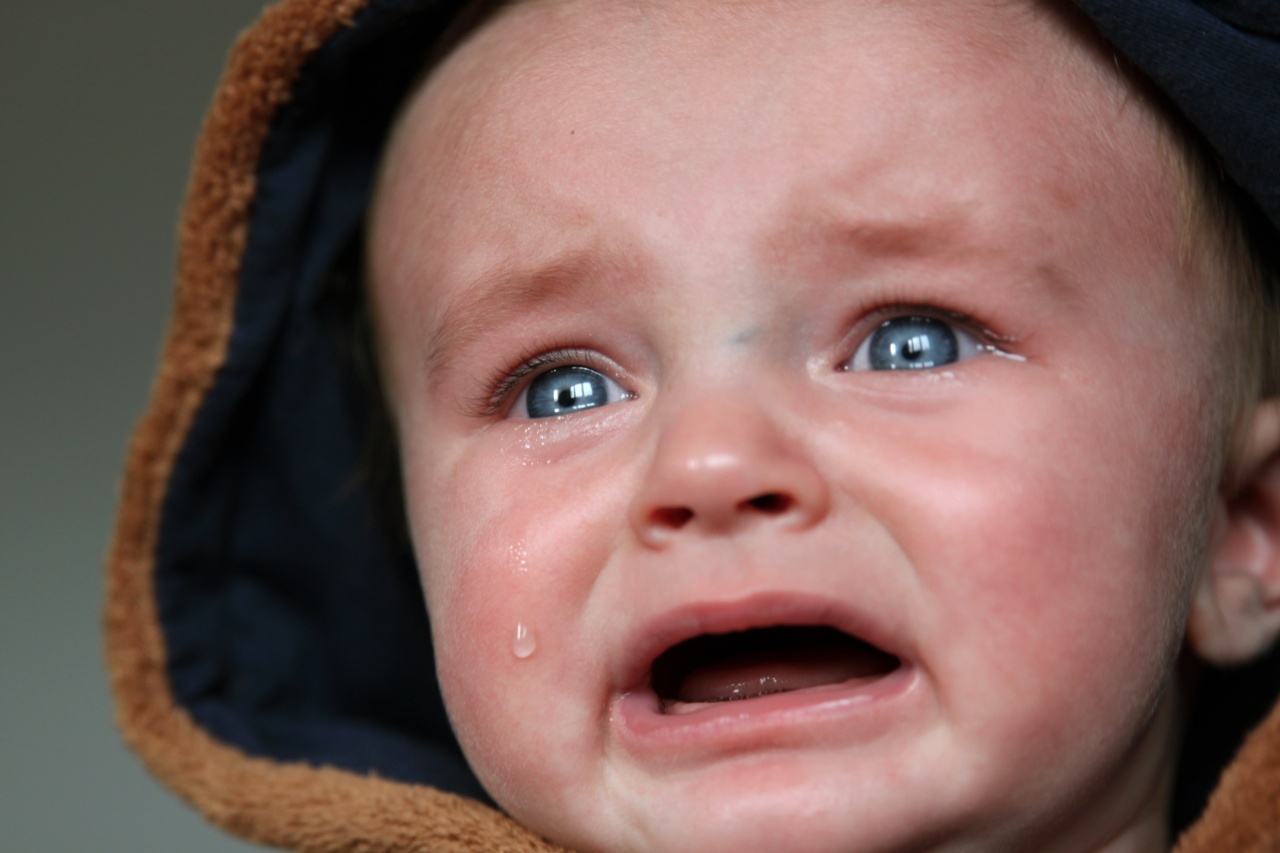Babies cry. It’s a fact of life. But as a new parent, deciphering the reasons behind your baby’s tears can sometimes feel like an impossible task. Is it hunger? Diaper rash? Sleepiness? The possibilities seem endless.
To help you navigate this overwhelming phase of parenthood, we’ve compiled a list of 11 common reasons why your baby may be crying.
1. Hunger
If your baby hasn’t been fed in a while or is going through a growth spurt, hunger could be the culprit. Babies have tiny stomachs that fill up quickly, so don’t be surprised if they’re hungry more frequently than you expected.
2. Dirty Diaper
A soiled or wet diaper can cause discomfort and irritation, leading to tears. Check your baby’s diaper regularly and change it promptly when needed. Some babies are more sensitive than others and may require more frequent diaper changes.
3. Sleepiness
Just like adults, babies need their beauty sleep. If your little one is tired, they may become fussy and cry. Look for signs of sleepiness, such as rubbing their eyes or yawning, and create a calm environment to help them settle down for a nap.
4. Overstimulation
New experiences can be overwhelming for babies, especially when they’re bombarded with loud noises, bright lights, or too many people.
If your baby seems agitated in a busy environment, try moving them to a quieter space and providing gentle soothing techniques.
5. Colic
Colic is a term used to describe excessive crying and fussiness in otherwise healthy babies. The exact cause of colic remains unknown, but it typically occurs in the evening and can last for several hours.
If your baby has colic, consult your pediatrician for guidance on how to provide relief.
6. Discomfort
Babies may cry if they’re uncomfortable due to factors like tight clothing, an itchy tag, or a hair wrapped around their finger or toe. Check their clothing and body for any sources of discomfort and make the necessary adjustments.
7. Teething
The teething process is often accompanied by pain and discomfort in babies. If your little one is showing signs like drooling, chewing on objects, or swollen gums, it’s likely that teething is causing their tears.
Offer them teething toys or a chilled washcloth to help ease their discomfort.
8. Gas and Digestive Issues
Babies’ digestive systems are still developing, which can sometimes lead to gas, bloating, colic, or reflux. If your baby cries during or after feeding, it could be a sign of digestive discomfort.
Burp your baby regularly during and after meals, and if problems persist, consult your pediatrician.
9. Need for Attention
Babies crave attention and human interaction. If they’re feeling bored, lonely, or neglected, they may cry to get your attention. Engage with your baby through playtime, cuddling, or simply talking to them.
Remember, their cries are their way of communicating their needs to you.
10. Temperature
Babies are sensitive to extreme temperatures. If your baby is too hot or too cold, they may become unsettled and cry. Ensure that your baby is dressed appropriately for the weather and keep their sleeping area at a comfortable temperature.
11. Illness or Discomfort
Sometimes babies cry because they’re unwell or in pain. It could be a minor illness, such as a cold or an ear infection, that’s causing their distress.
Watch for other symptoms like fever, lack of appetite, or changes in behavior, and consult your pediatrician if you suspect your baby is unwell.


























